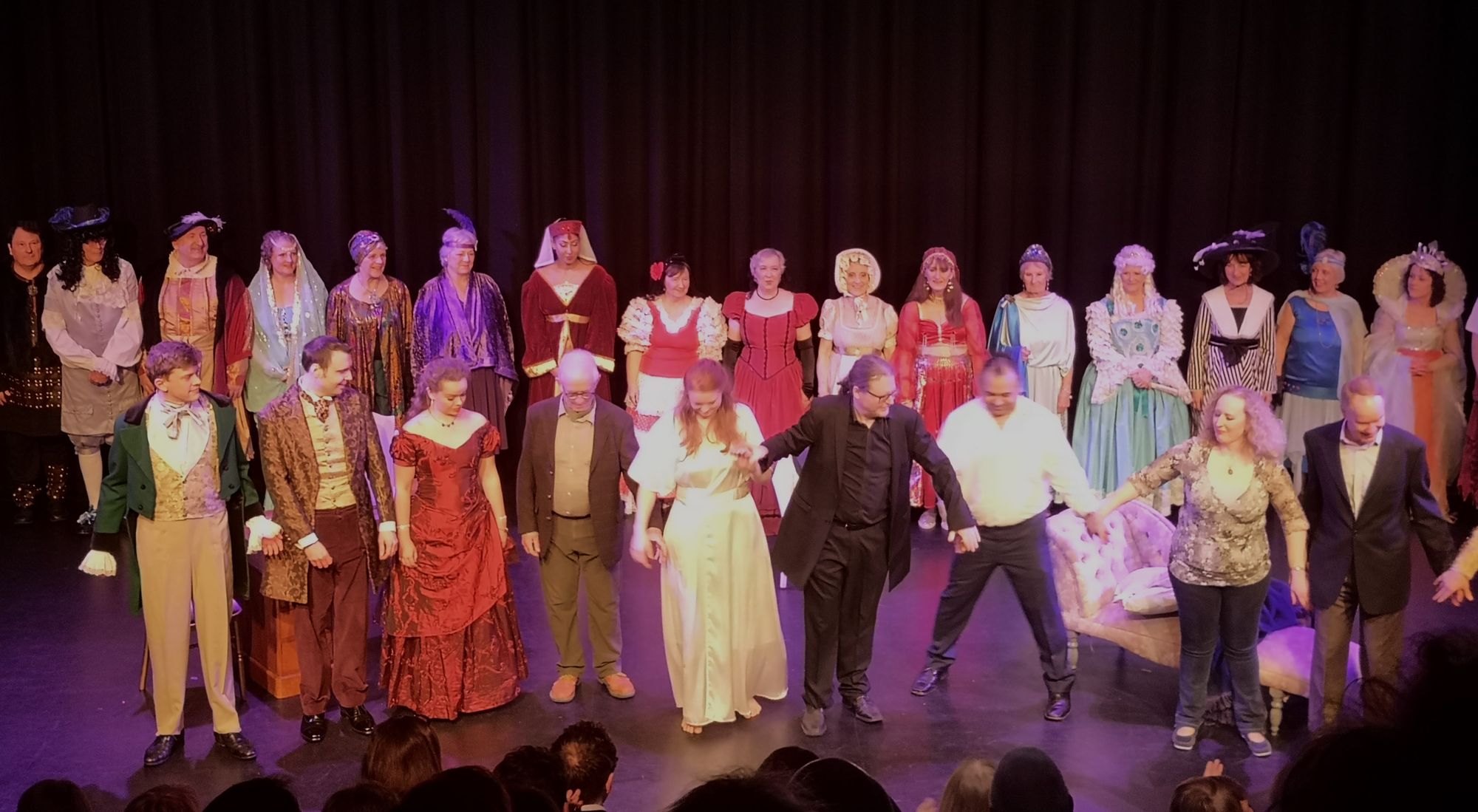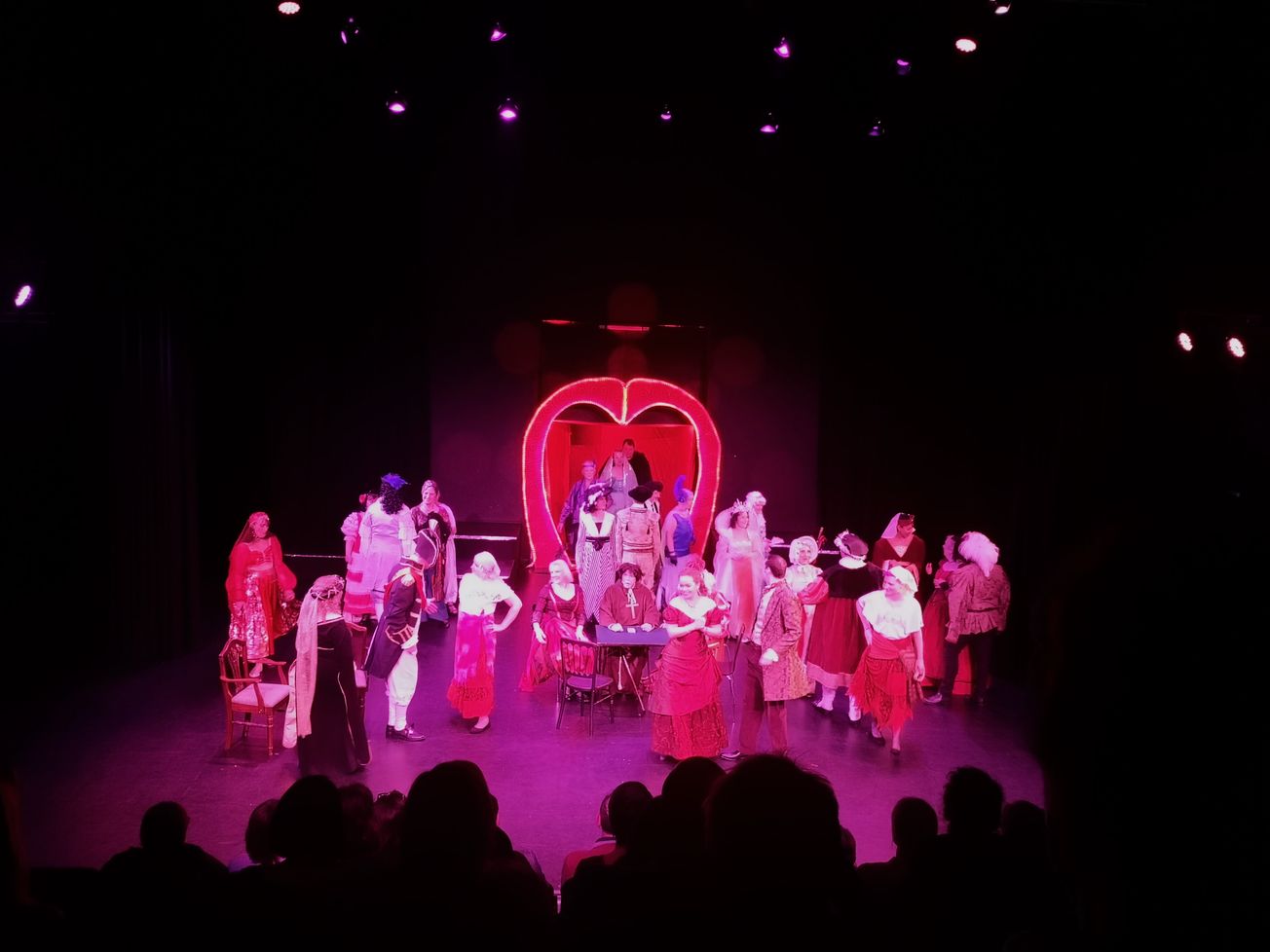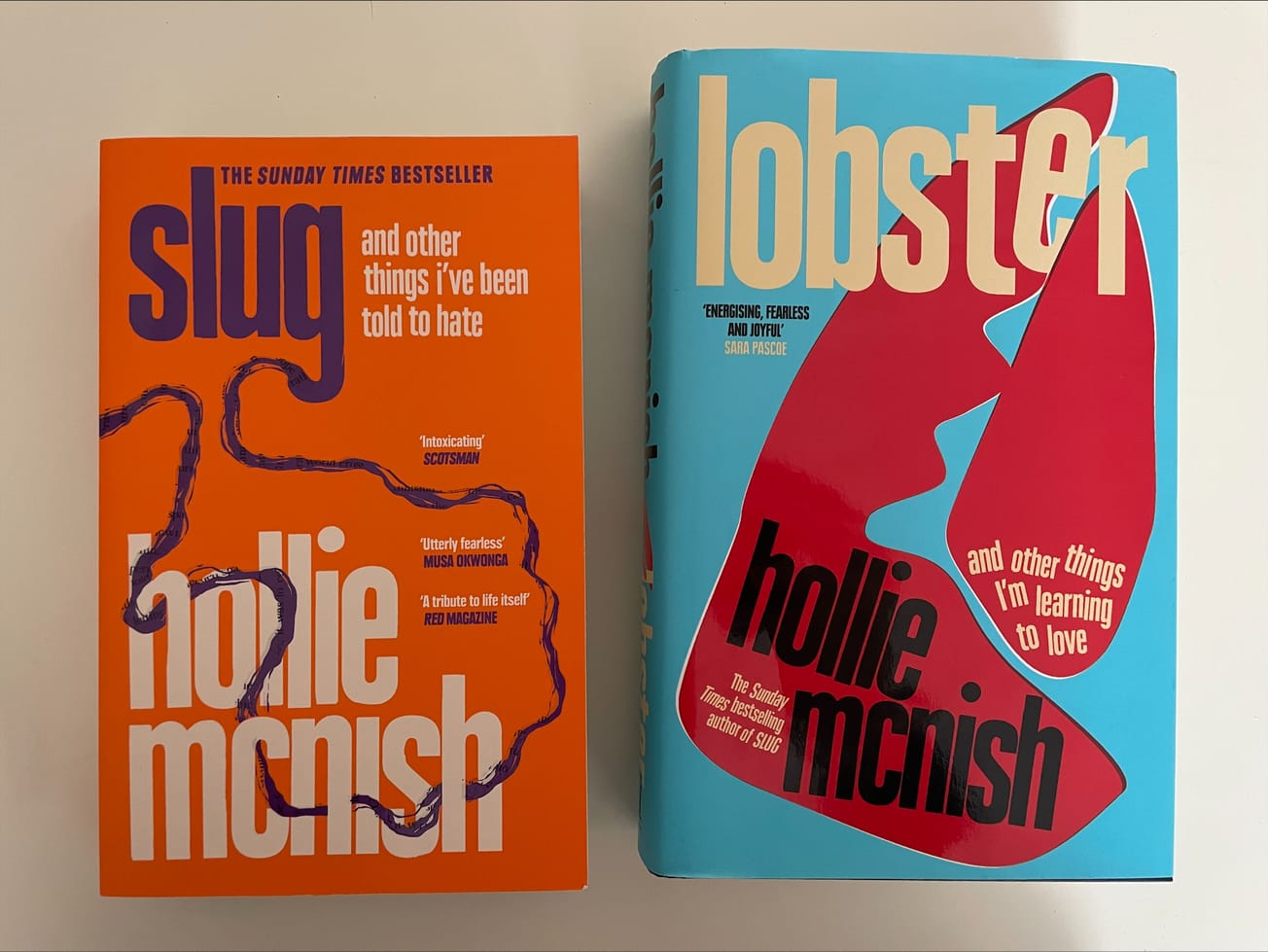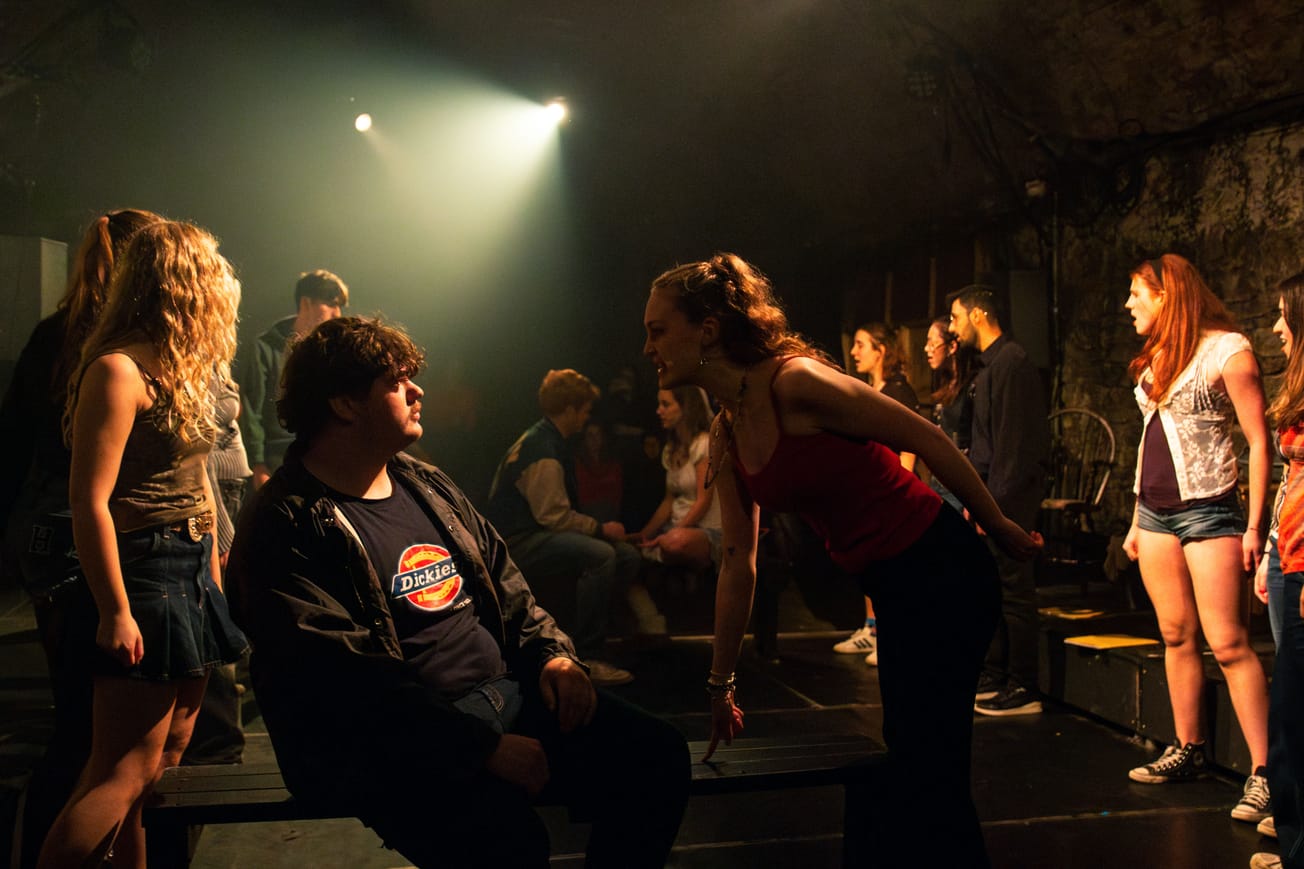By Milan Perera, Arts Critic Columnist
Bristol Opera, a shining beacon in the local art scene, is celebrating its 100th year anniversary in style by tackling an operatic leviathan with verve, vigour and vivacity. La Traviata, by Giuseppe Verdi, is undoubtedly one of the mainstays of the operatic repertoire and has been entertaining theatregoers for generations. Bristol Opera’s own rendition didn’t fail to thrill and move.
“A mesmeric, magisterial and mercurial rendition of an operatic showstopper”
The role of Violetta is a benchmark role for a soprano, as much as Hans Sachs for a bass-baritone. The award-winning soprano, Ermonela Jaho recounts how she was captivated as a young singer by the opening first three notes of the opera, hoping to sing the titular role one day. To this day, she has sung Violetta over 250 times. Such is the standard, ensuring high expectations and challenges come with taking on the role.
But did not Rebecca de Coverly Veale rise to the challenge with aplomb and grace? She sang those long coloratura passages effortlessly, flooding the 1532 theatre with the silver stream of her voice like sunshine on a summer’s day. John Haque plays Alfredo opposite Veale’s Violetta with the necessary vocal prowess and control.

The story revolves around Violetta, a Parisian courtesan, and Alfredo, an aristocrat who is besotted with Violetta’s charms. Alfredo’s martinet father, Giorgio, is not going to tolerate his son’s association with a woman of “ill repute” and unleashes a threatening dressing down against Violetta. Alfredo publicly spurns her as a common prostitute when he discovers that Violetta arrived at a party with another aristocrat, Baron Dauphol.
Have they been hasty in their judgments? Will there be a final opportunity for reconciliation and forgiveness?
The English translation of the original libretto by Graham Billing is both seamless and sinuous, while the direction of Charlotte Monk is brimming with freshness, energy and vibrancy. One might argue that the set could have been simpler for a frictionless transition between scenes, but credit is due to the magnificent chorus who moved the props with efficiency, including a three-piece solid wood writing desk, chaise lounge and candle stands.
Costumes were sumptuous and delightful, especially in Violetta’s party in Act I and in Flora’s party in Act II. The shimmering scarlet dress worn by de Coverly Veale radiated beguiling sensuality while the fancy dress party was a cornucopia of vibrancy and extravagance.
The on-stage chemistry between de Coverly Veale and Haque is both poignant and heartfelt as their vocal lines blend beautifully, creating a delightful synergy. Haque’s tenor voice is both forceful and silky, being able to negotiate the contrasting emotions of Alfredo. Rebecca de Coverly Veale is not only an exceptional vocalist but also a consummate theatre performer who understands the nuances involved in the role.
Naill Hoskin’s Giorgio is an excellent portrayal of the domineering father; near the end of the opera, however, we catch a glimpse of the tender side of Giorgio, who after all cares deeply about his son’s happiness. Gigi Strong plays Violetta’s friend Flora with ease and finesse while Timothy Allen excels in the role of Marchese d’Obigny.
Ethel-Jane Cormack, who plays Violetta’s assistant Annina, brings warmth and tenderness to the character as she she desperately tries to help Violetta. Robert Marson plays Doctor Grenville with empathy, while Ollie Parry brings the effervescence of youth to the role of Violetta’s lover.
The musical director, Arne Kovac, leads the proceedings with conviction and dexterity, as the chamber orchestra creates a kaleidoscope of memorable moments, such as the “Drinking Song”. In the final scene, Violetta’s impending mortality is revealed through pathos and poignancy, where the singers and the orchestra complement one another in perfect unison.
Overall, it was an emphatic opening night for this graceful rendition of La Traviata, as Bristol Opera marks its landmark centenary with enthusiasm and style.
La Traviata runs from 15th – 18th Feb at Bristol’s Performing Arts Centre.
Featured Image: Courtesy of Milan Perera
Have you seen Bristol Opera's La Traviata? Why not get your tickets now?









